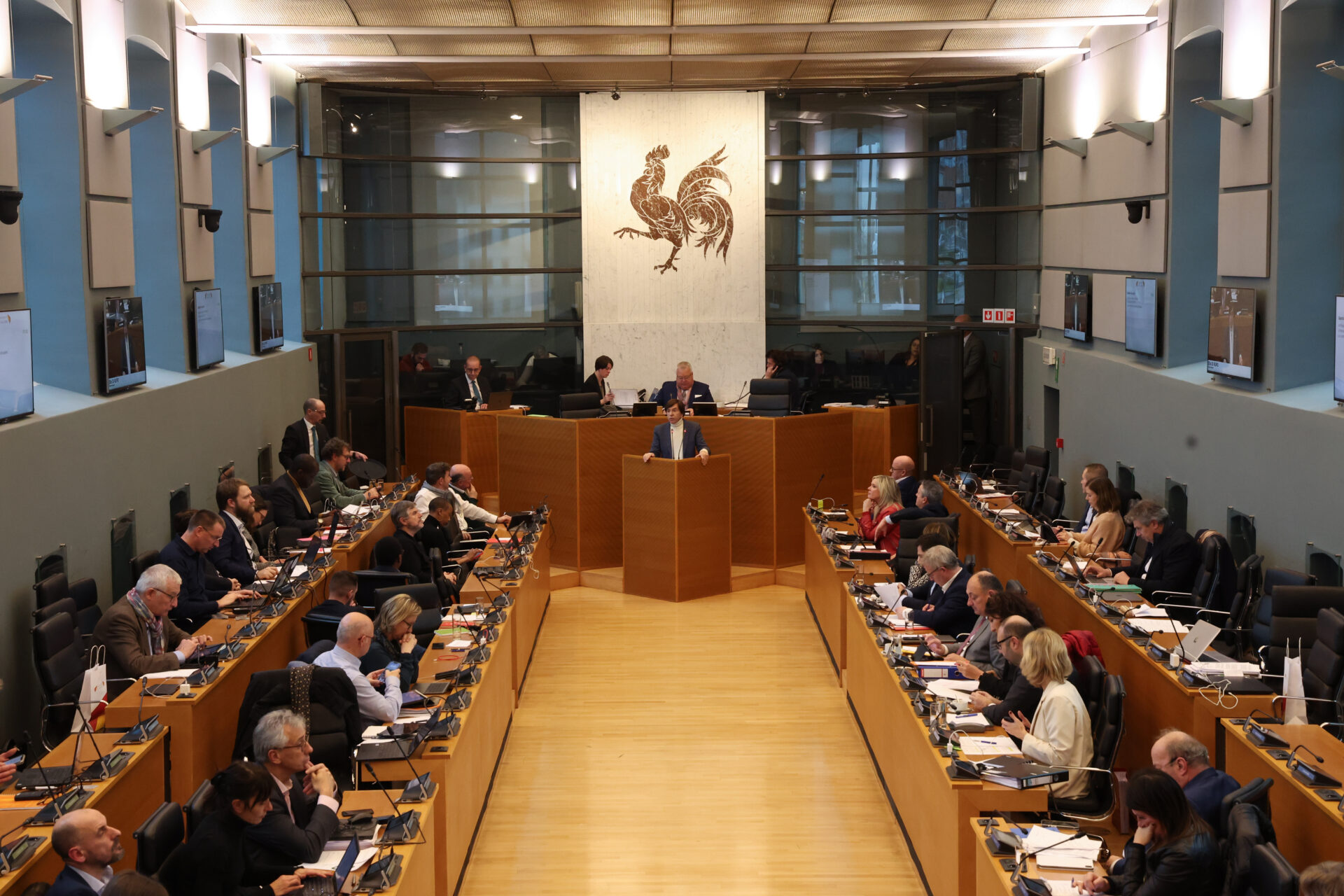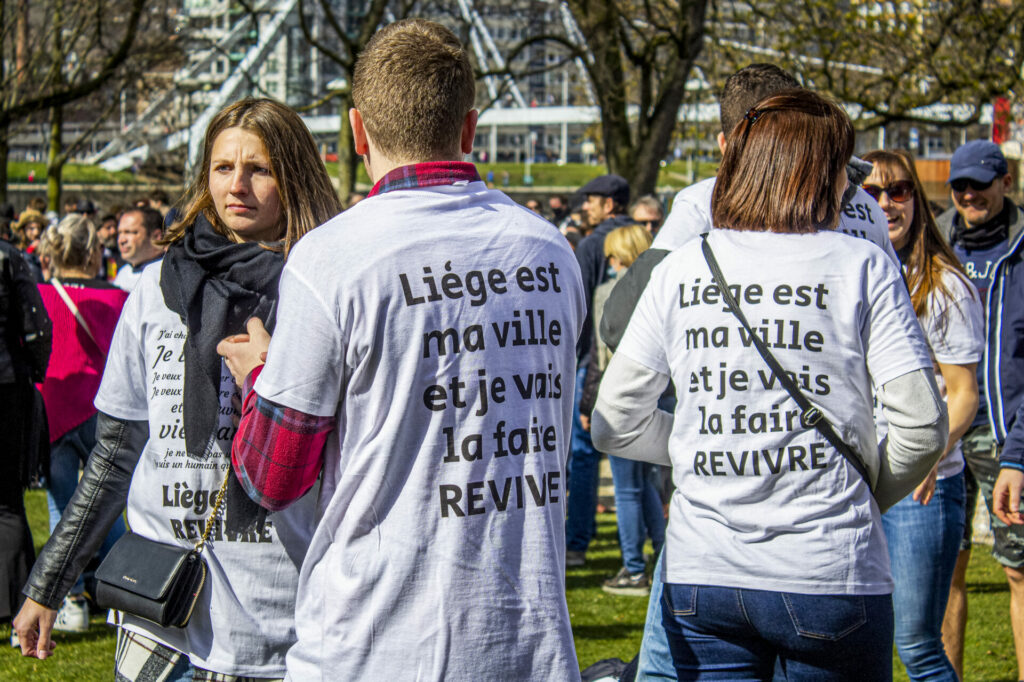The population of Wallonia is increasingly distrustful of the political class, whatever the level of power, according to the Wallonia 2023 Social Barometer, published on Monday by the regional statistics institute Iweps.
In the space of a decade, the confidence of Wallonia's various political institutions has almost halved – at every level. Even if the drop in confidence calls into question the system of governance, citizens are not giving in to the siren calls of populism.
In 2013, the Belgian State could still boast broad support (73.8% confidence) among the population in the south of the country, as could the Walloon Region (70.8%). Even the European Commission had the support of a majority of citizens (59%).
Ten years on, however, this support has dropped strongly: just 39% of Francophone residents have confidence in the Belgian State, only 35.2% in Wallonia, and no more than 37% in the European Commission. The Walloon Parliament has also fallen by the wayside (from 62.9% in 2018 to 33.7% last year).
Major impact
In short, these results show that not one institution currently enjoys the confidence of at least half the population in Wallonia.
"The reason for this situation probably lies in the succession of crises, such as the Covid-19 pandemic, the war in Ukraine, energy costs, inflation, etc., that these institutions have had to deal with," said the Walloon Institute for Evaluation, Forecasting and Statistics.
"Despite political decisions – and sometimes because of them – these crises have had a major impact on people's daily lives," the institute said. "In addition, the complexity of European and Belgian institutions makes political decisions more difficult to make, which in times of crisis can further reduce the level of political confidence."
Other grievances include the scandal surrounding the Publifin intermunicipal company in 2016, followed in 2022 by the revelations about the explosion in expenditure linked to the construction of the parliamentary residence and the pedestrian link between the car park and parliament, which have continued to erode people's confidence in their institutions. And in those who embody them.

Plenary session of the Walloon Regional Parliament in Namur, Wednesday 13 September 2023. Credit: Belga / Virginie Lefour
At the very bottom of the scale are politicians (who are trusted by just 19% of the public). Political parties only fare a little better (22%), while female politicians inspire slightly more confidence (25%) than their male counterparts or their party.
The local level, with its powers close to the people, seems to be the only one that still enjoys a degree of trust (68.7% for local government, 59.2% for local councils and 57.7% for mayors), found the Iweps.
However, democracy as a political system was not called into question (by nine in ten of the 1,867 people questioned). The respondents are mainly calling for reforms in the area of transparency, for example by tightening controls on the work of elected representatives and on conflicts of interest between functions and mandates.
Related News
- 'Trust irreparably broken': Walloon Parliament clerk forced to officially resign
- Belgium's biggest corruption scandals
They also welcome the involvement of experts in political decision-making (76.7% of respondents), even if this means reducing the number of representatives (72.7%). The public also expects more citizen consultations (via referendums, participatory budgets, citizens' assemblies and initiatives, etc.).
Generally speaking, a majority of people surveyed feel that their elected representatives "talk too much" and do not act enough (77.9%), and that the current democratic decision-making process is "too complex, too obscure and too slow."

